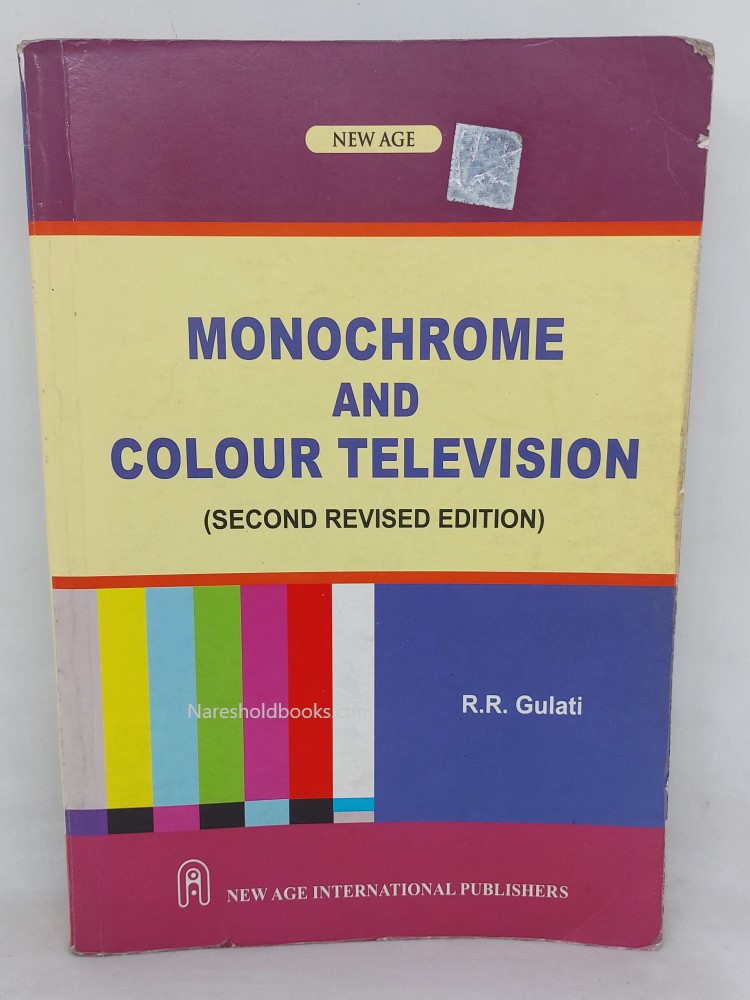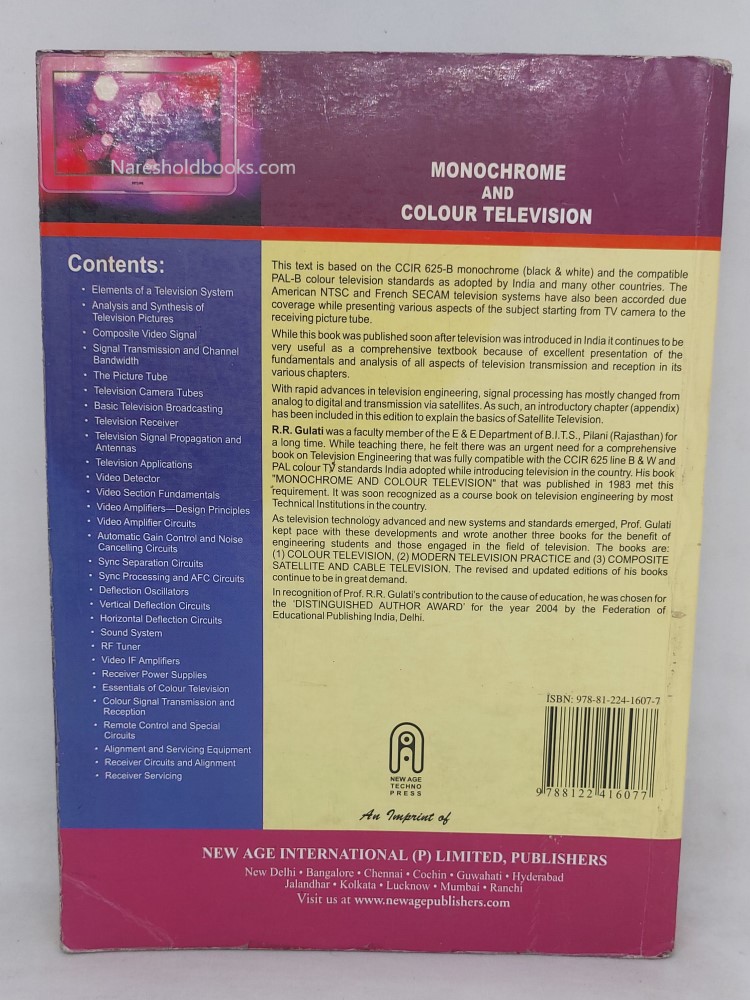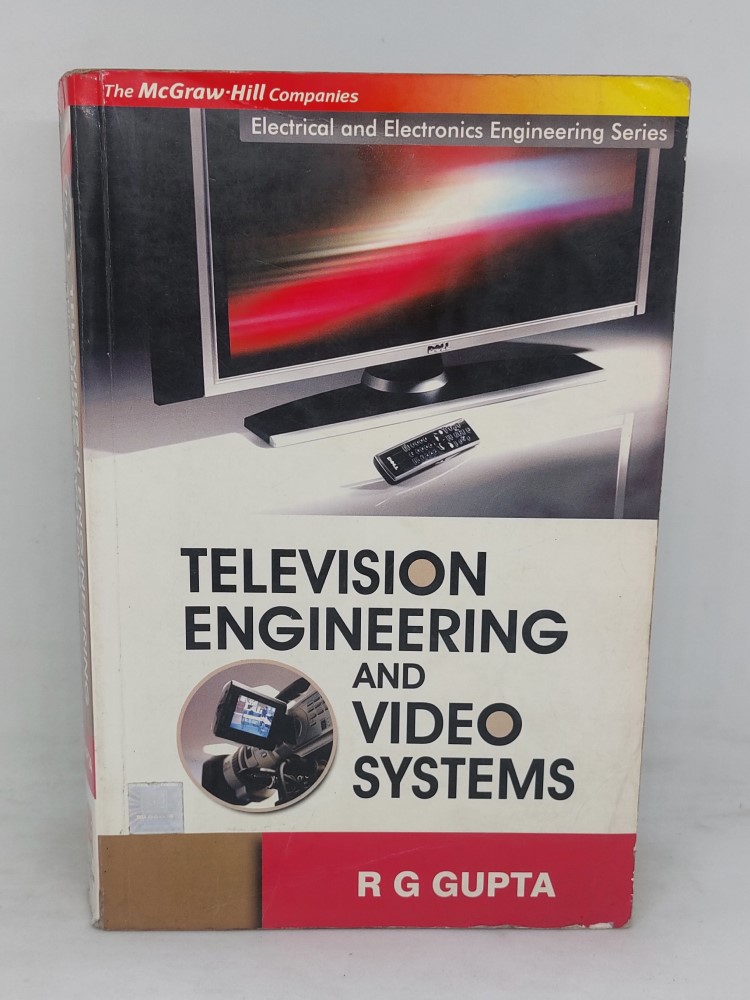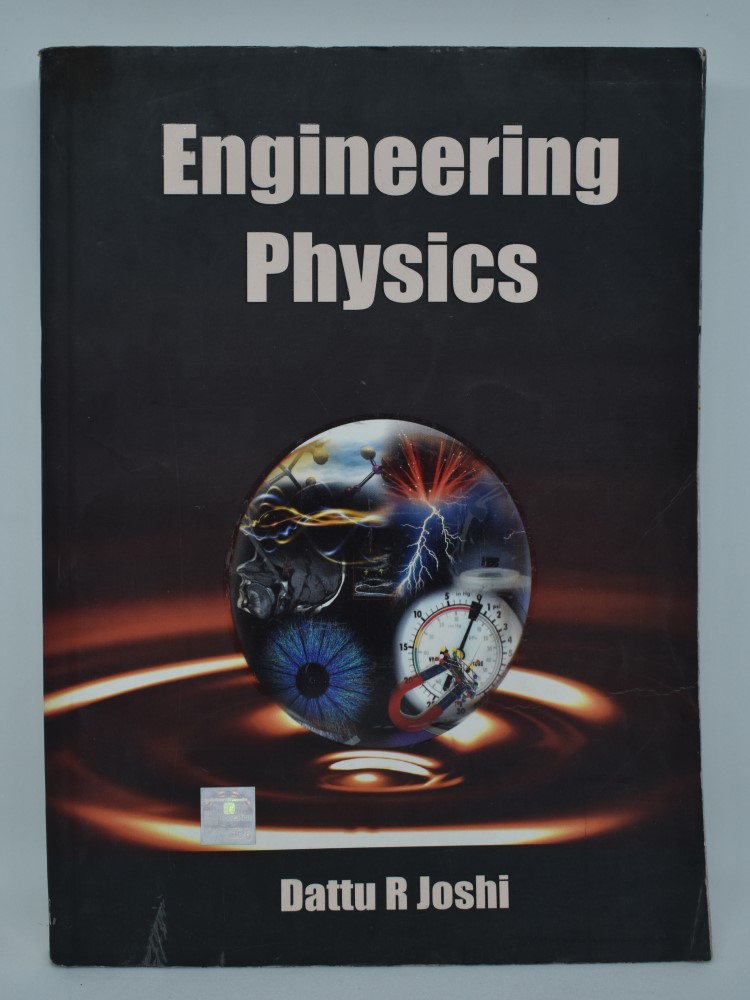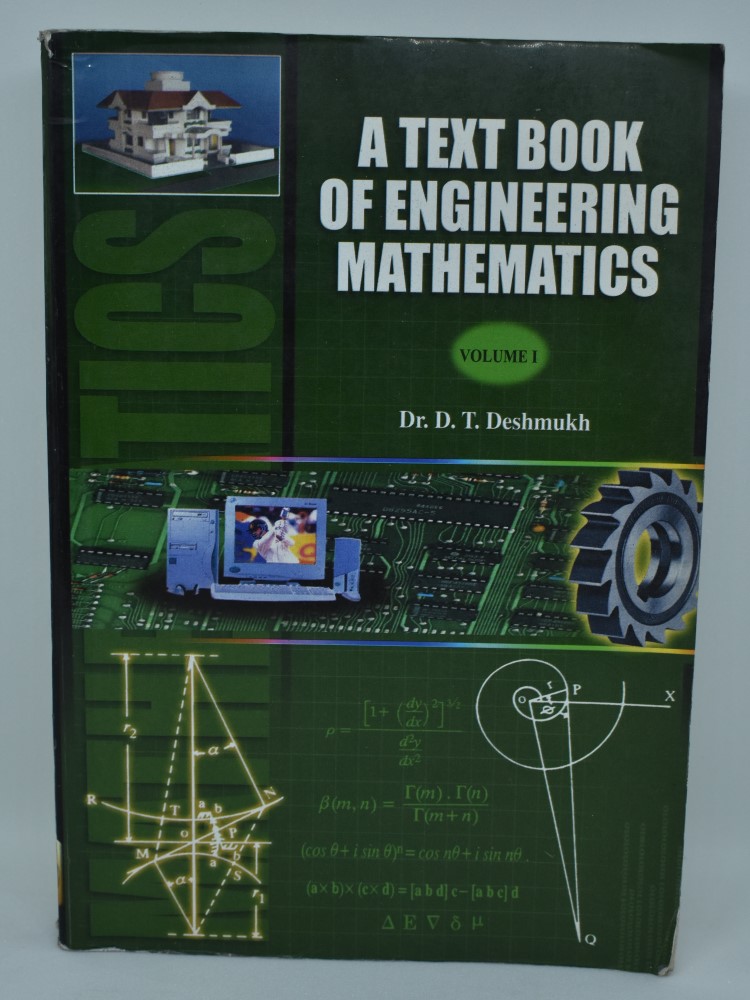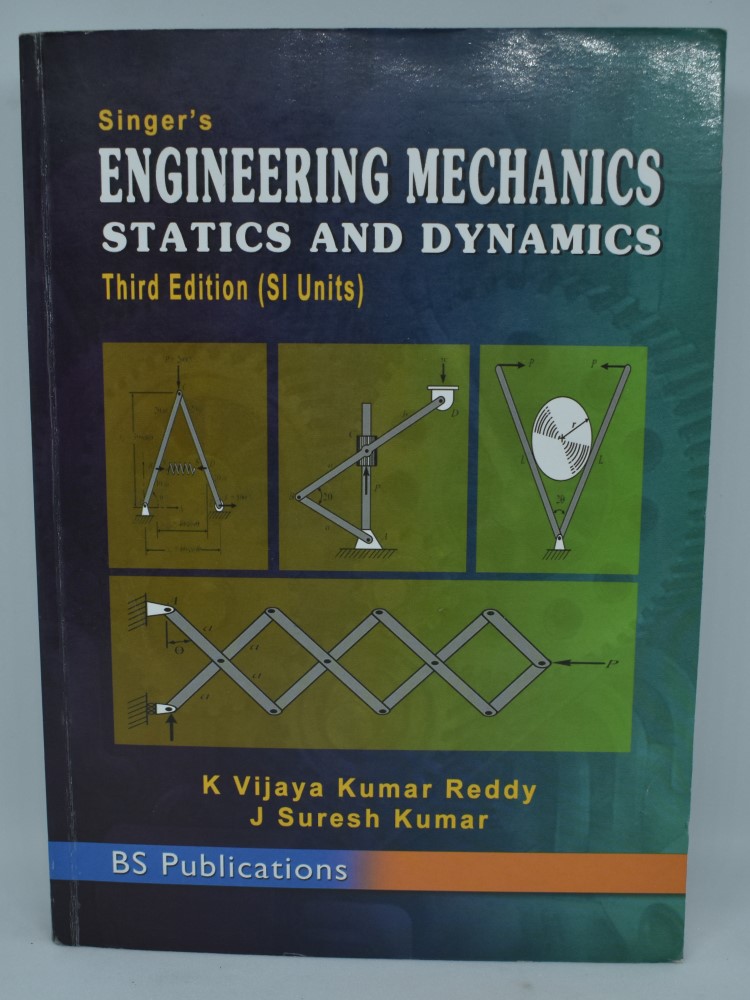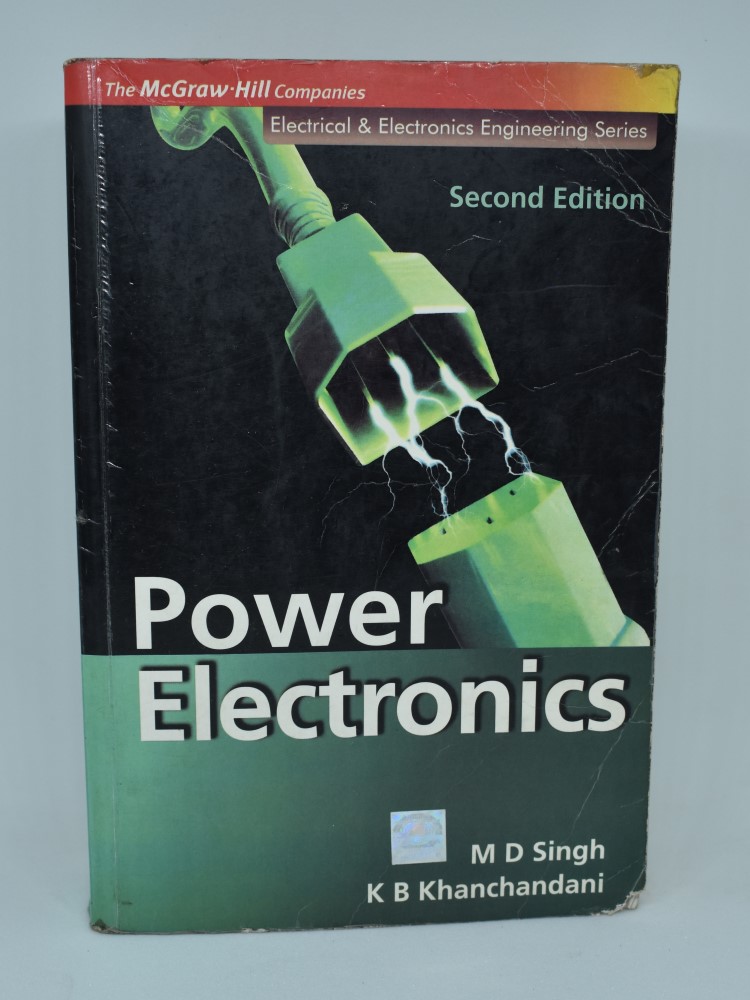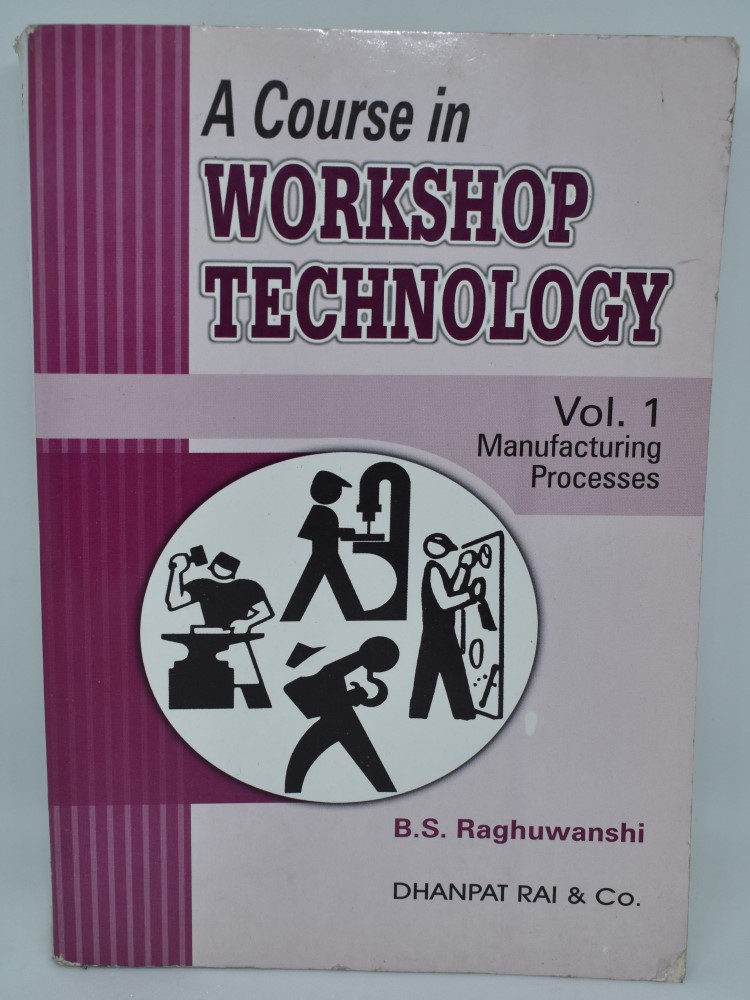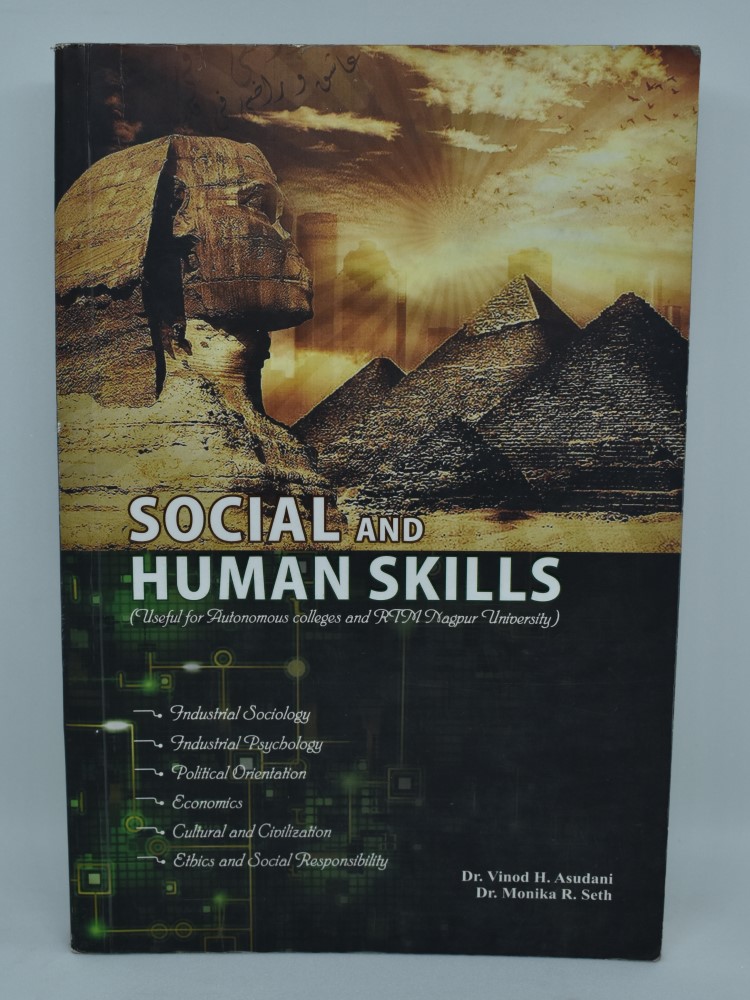Description
This text is based on the CCIR 625-B monochrome (black & white) and the compatible PAL-B colour television standards as adopted by India and many other countries. The American NTSC and French SECAM television systems have also been accorded due coverage while presenting various aspects of the subject starting from TV camera to the receiving picture tube.
While this book was published soon after television was introduced in India it continues to be very useful as a comprehensive textbook because of excellent presentation of the fundamentals and analysis of all aspects of television transmission and reception in its various chapters.
With rapid advances in television engineering, signal processing has mostly changed from analog to digital and transmission via satellites. As such, an introductory chapter (appendix) has been included in this edition to explain the basics of Satellite Television. R.R. Gulati was a faculty member of the E & E Department of B.I.T.S., Pilani (Rajasthan) for a long time. While teaching there, he felt there was an urgent need for a comprehensive book on Television Engineering that was fully compatible with the CCIR 625 line B & W and PAL colour TV standards India adopted while introducing television in the country. His book “MONOCHROME AND COLOUR TELEVISION” that was published in 1983 met this requirement. It was soon recognized as a course book on television engineering by most Technical Institutions in the country. As television technology advanced and new systems and standards emerged, Prof. Gulati kept pace with these developments and wrote another three books for the benefit of engineering students and those engaged in the field of television. The books are: (1) COLOUR TELEVISION, (2) MODERN TELEVISION PRACTICE and (3) COMPOSITE SATELLITE AND CABLE TELEVISION. The revised and updated editions of his books continue to be in great demand. In recognition of Prof. R.R. Gulati’s contribution to the cause of education, he was chosen for the ‘DISTINGUISHED AUTHOR AWARD’ for the year 2004 by the Federation of Educational Publishing India, Delhi.

